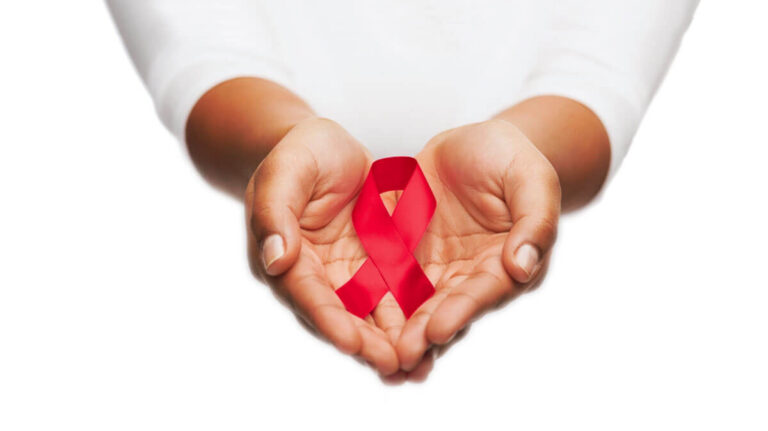- 5457 Twin Knolls Rd. Suite #300
Columbia, MD 21045 - Call Us
443. 979.7550 - Open Hours
Monday - Friday: 7:00AM - 6:00PM (by appointment)

HIV may cause some health problems that are unique to women, such as:
Pregnancy and birth control also require careful management with a health care provider.
The good news is that women who take HIV medicine (called antiretroviral therapy or ART) daily as prescribed and get and keep an undetectable viral load can stay healthy and have effectively no risk of transmitting HIV to an HIV-negative partner through sex.
Gynecological problems are common among women living with HIV. Some of the issues women may experience are:
Treatment is available for these health conditions. Talk to your health care team about treatment options that are right for you.
Women with HIV have a higher risk of cervical cancer. It is important that they be screened regularly for this disease.
Cervical cancer is cancer that starts in the cervix, the lower, narrow part of the uterus (the womb). It is almost always caused by human papillomavirus (HPV) infection.
The types of HPV that cause cervical cancer are more common in women with HIV. For this reason, women with HIV need to get regular Pap tests to help find changing cervical cells before they turn into cancer. Talk to your health care provider about the Pap test schedule that is right for you. In addition, the HPV vaccine is recommended for women (and men) with HIV infection through age 26.
Cervical cancer is an AIDS-defining cancer. That means that a diagnosis of cervical cancer marks the point at which a person’s HIV infection has progressed to AIDS.
HIV medicine works as well for women as it does for men. However, some medicines can cause different side effects in women than men. For example:
HIV medicines can also put women at higher risk than men of getting fat buildup throughout their bodies or of having pancreas problems.
In addition, HIV medicines can interact with other drugs, which can harm you or make your HIV medicines less effective. These include:
If you are taking HIV medicines and have problems with any side effects or questions about drug interactions, talk to your health care provider or pharmacist to find solutions that work for you. Do NOT cut down on, skip, or stop taking your HIV medicines unless your provider tells you to.
Thanks to effective HIV treatment, women with HIV are living longer lives. That also means that as they age, they face the same health problems that many other older women do, such as heart disease, diabetes, high blood pressure, arthritis, and some cancers.
Women with HIV also may face also other health concerns as they age. These include:
If you have questions about symptoms of the menopause or about osteoporosis, talk to your health care team.
HIV-related heart disease is a leading cause of death among people living with HIV—even when they are on consistent, effective HIV treatment.
The risk of heart attack is especially a concern for women. Women living with HIV are three times more likely to have a heart attack than women without HIV.
Research is underway to learn how factors unique to women with HIV affect heart disease risk and what to do about it.
